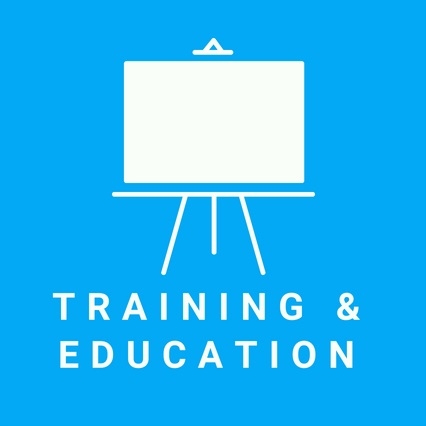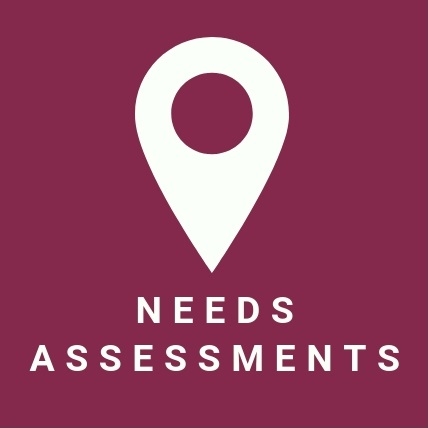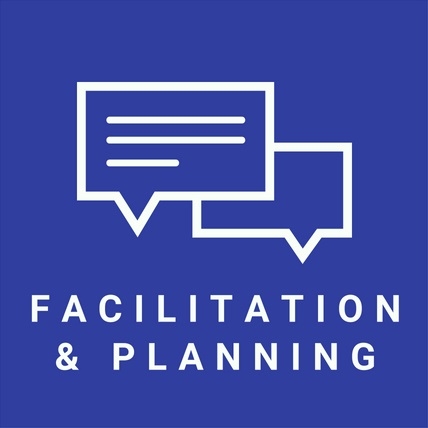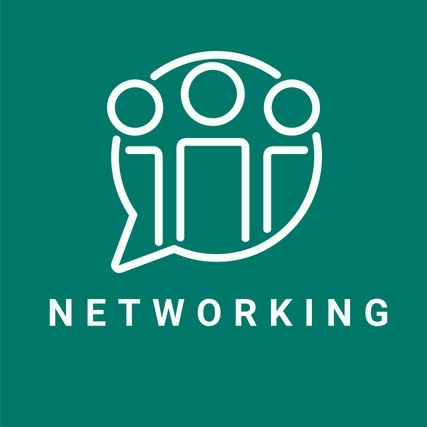Projects
CCBR typically has 15-20 ongoing projects and has completed over 500 projects since 1982. Each project is guided by our commitment to impacting social change in practical and powerful ways. We conduct research with people not on people, cultivating respect with communities at every step of the process.
Projects can be searched for using words from the project title or using the service area, theme, or date range for the project. You can also type 'Service Area' or 'Theme' into the search bar to get a list of options in each of these fields.
Projects
CCBR partnered with United Way of Kitchener Waterloo and Area and United Way of Cambridge and North Dumfries to deliver two full-day workshops on methodology and data collection, and two half-day workshops on data analysis and presentation of findings.
CCBR disseminated evaluation findings peer-reviewed publications, public reports, a website and other online forums, conferences, and a public feedback session of a previous longitudinal evaluation of recovery-focused case-management services in Waterloo-Wellington-Dufferin. This project was funded by Trellis Mental Health and Developmental Services.
The goal of this project was to make Canadian registered charities more aware of their legal obligations under the Income Tax Act and to increase compliance with the requirements of the Act. This project used adult education principles to develop and delivered a range of training activities, building on the activities that were previously undertaken by the Canada Revenue Agency.
CCBR provided consultation services regarding the development of evaluation guidelines and indicators to be used to track community health.
CCBR conducted a research project entitled “Payday Lending: In Search of a Local Alternative”. The purpose of this study was to look at the existing practice of payday loan facilities and to explore the need of a ‘made-in-Waterloo’ solution as an alternative. This study was funded by the Wellesley Institute.
CCBR 1) worked with staff and volunteers at United Way of Peel Region to identify community impact statements to guide planning and investment, 2) led consultations with community stakeholders to seek feedback, and 3) updated tracking forms and reporting tools. This project was funded by the United Way and Region of Peel.
CCBR worked with staff to develop and implement a comprehensive plan for ongoing evaluation at these two organizations that offer prevention, education, and support services to people living with HIV and AIDs.
CUExpo 2011 was a Canadian-led conference designed to showcase the exemplars in community-university partnerships worldwide and to introduce creative ways of strengthening our local communities.
CCBR provided two evaluation reports on the effectiveness of the High on Life Challenge, a prevention program designed to help youth find healthy alternatives to drugs and alcohol.
CCBR provided evaluation support for Raising the Bar on Quality, an Affiliated Services for Children & Youth (ASCY) program designed to help child care providers ensure children are receiving high quality early learning and child care services.
CCBR developed a national outcomes framework with the Boys and Girls Clubs of Canada (BGCC). The framework articulated the central goals of the BGCC program model and the theory of change that specifies the links between the model and measurable outcomes. This framework was used to advance the research and evaluation capacity of BGCC and to market the organizational mandate to community partners.
CCBR conducted a small formative evaluation of recovery-focused crisis planning in the area of mental health and addictions in Waterloo-Wellington-Dufferin. The study was intended to better understand crisis planning practices in the region, with a specific focus on a crisis planning tool called the Recovery Support Plan (RSP). The evaluation was funded by Trellis Mental Health and Development Services.












